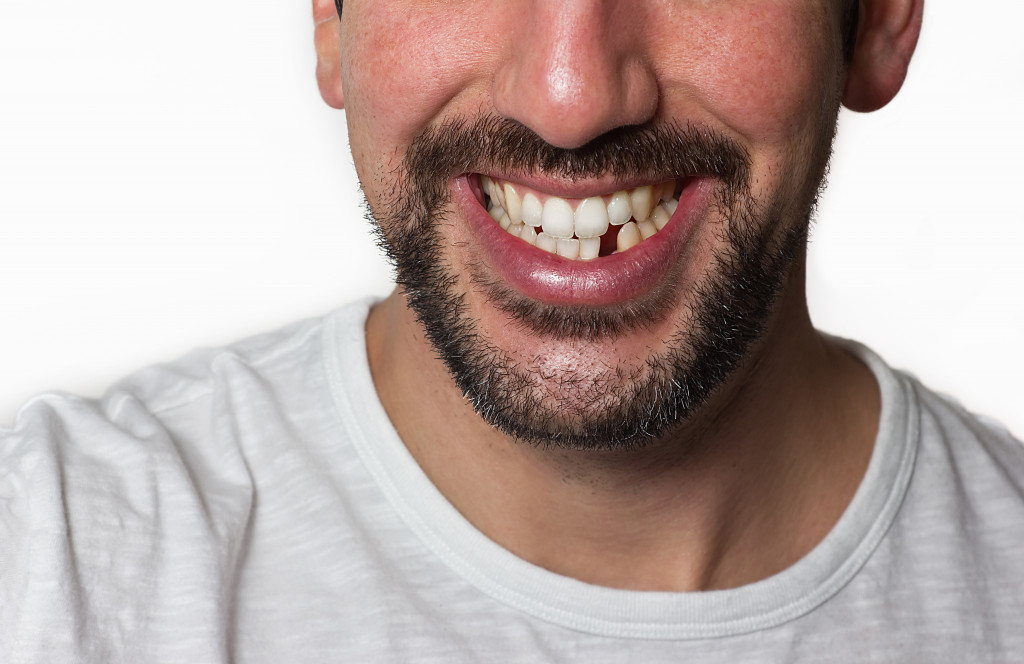Tooth loss can be a traumatic experience for both children and adults. It is important to know what to do when you lose one of your teeth so that you don’t put the health of other teeth at risk. This article will discuss how best to deal with losing a tooth and when it might be time to visit your dentist.
1. What to Do When You Lose a Tooth?
If you lose a tooth, it is important to act quickly to minimize the damage. Here are some steps you can take:
- Rinse your mouth with warm water and use a cloth to clean around the area of tooth loss.
- Apply pressure to the area using a cold compress.
- If there is any bleeding, use a cotton ball or gauze to apply pressure to the area.
- Do not disturb the natural healing process. Avoid touching or moving the tooth if it has fallen out of place.
2. When Should I Visit My Dentist?
If you have lost a tooth, visiting your dentist as soon as possible is important. The dentist can help ensure that the surrounding teeth and gums remain healthy. In some cases, the dentist may suggest you get teeth replacement.
If you are unable to visit your dentist right away, here are a few things you can do to reduce the risk of further damage:
- Avoid eating hard or sticky foods that could cause more damage to the surrounding teeth.
- If the tooth has fallen out of place, try to place it back in its socket. If you cannot do so, put the tooth in a container of milk and take it to your dentist as soon as possible.
3. What Are the Risks Associated with Adult Tooth Loss?
There are a few risks associated with adult tooth loss. Here are a few of them:
- The tooth can become infected if left untreated.
- The surrounding teeth can become loose and eventually fall out.
- The jawbone can weaken over time.
4. What Are the Options for Replacing a Lost Tooth?
There are a few options for replacing a lost tooth. Here are a few of them:
Dental Implant

A dental implant is a permanent replacement for a missing tooth. It is a titanium post that is surgically placed in the jawbone. A dental implant can replace a single tooth or a whole set of teeth.
The dental implant is then topped with a dental crown, which looks and functions just like a natural tooth. Dental implants are the best option for replacing missing teeth, as they are strong and durable and look and feel like natural teeth.
Bridge
A bridge is a dental restoration that is used to replace missing teeth. A bridge comprises two or more crowns that are attached to the adjacent teeth. The bridge spans the gap where the missing tooth was located.
Bridges are a less permanent option than dental implants, as they rely on the surrounding teeth for support. They are a good option for people who do not want surgery or do not have enough healthy teeth to support a dental implant.
Dentures
Dentures are an option for people who have lost all of their teeth. Dentures are removable replacement teeth that are made from acrylic or metal. There are two types of dentures: full dentures and partial dentures.
Full dentures are worn by people who have lost all of their teeth. Partial dentures are worn by people who have lost some of their teeth. Partial dentures are held in place by clasps attached to the surrounding teeth.
Dentures are a less permanent option than dental implants or bridges, and they may need to be replaced every 5-10 years. They are a good option for people who do not want surgery or have enough healthy teeth to support a dental implant or bridge.
5. How Can I Prevent Adult Tooth Loss?
There are a few things you can do to prevent adult tooth loss:
- Brush your teeth twice a day with fluoride toothpaste.
- Floss your teeth once a day.
- Visit your dentist for regular checkups and cleanings.
- If you smoke, quit smoking. Cigarette smoking is the number one cause of adult tooth loss.
- Eat a healthy diet and limit sugary snacks and drinks. Sugar can promote tooth decay and increase the risk of adult tooth loss.
It is important to know what to do when a tooth falls out so that you can maintain the health of the surrounding teeth and gums. In this brief, we have discussed the best way to deal with a lost tooth and when you should visit your dentist. We have also outlined the risks associated with adult tooth loss and the options for replacing a lost tooth. Finally, we have provided some tips for preventing adult tooth loss. Thanks for reading!


